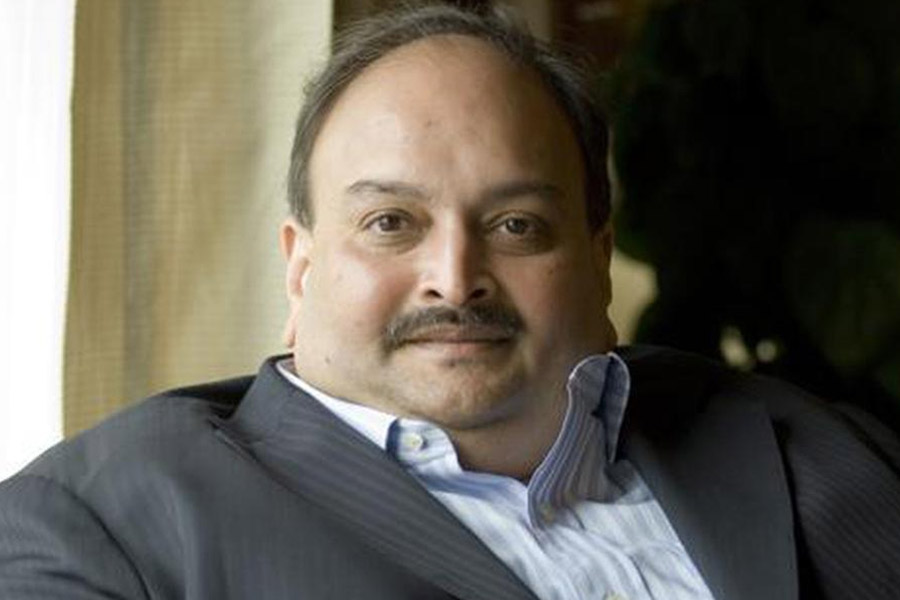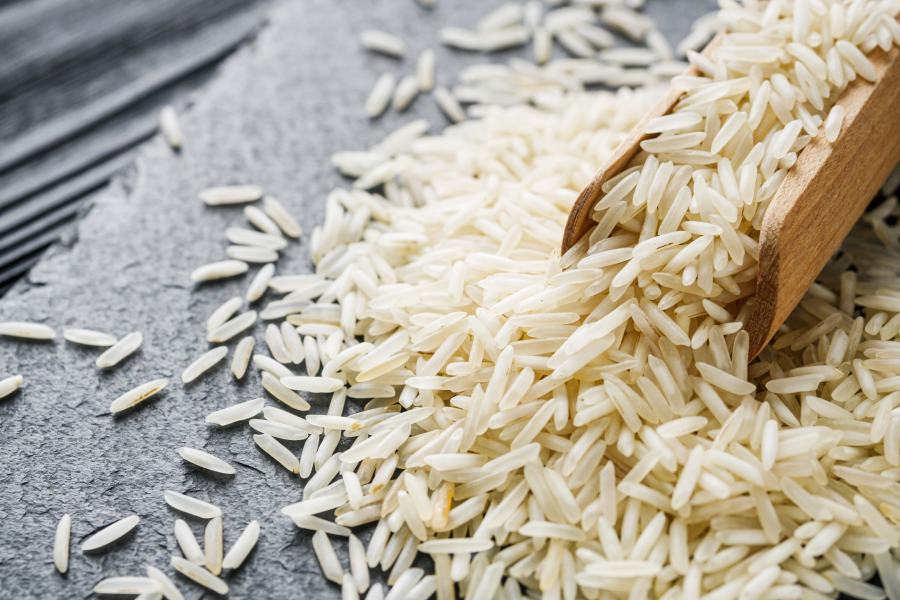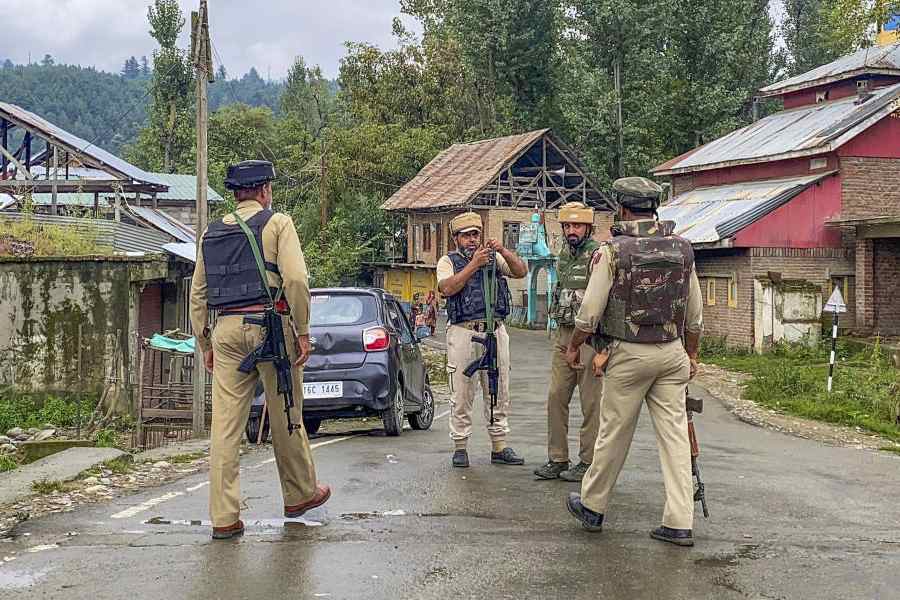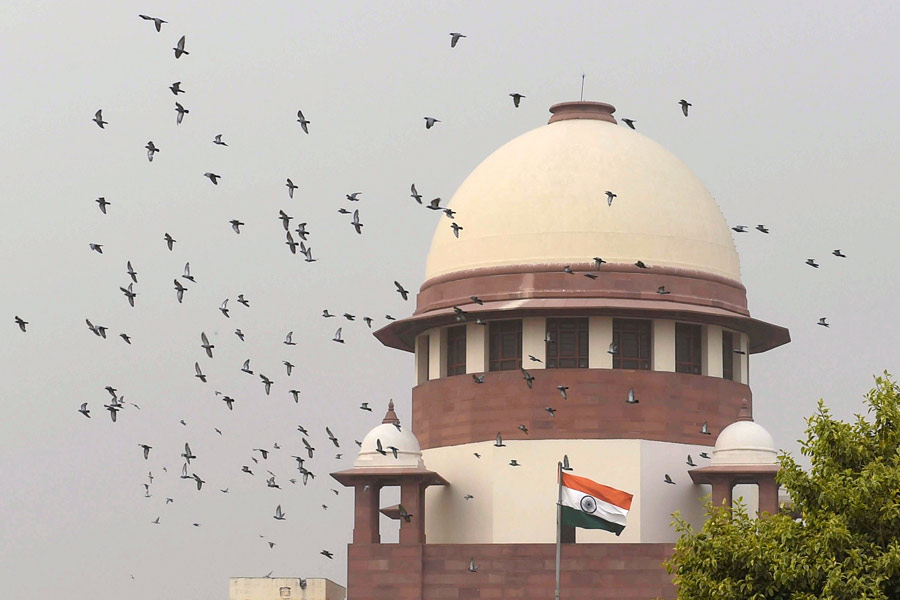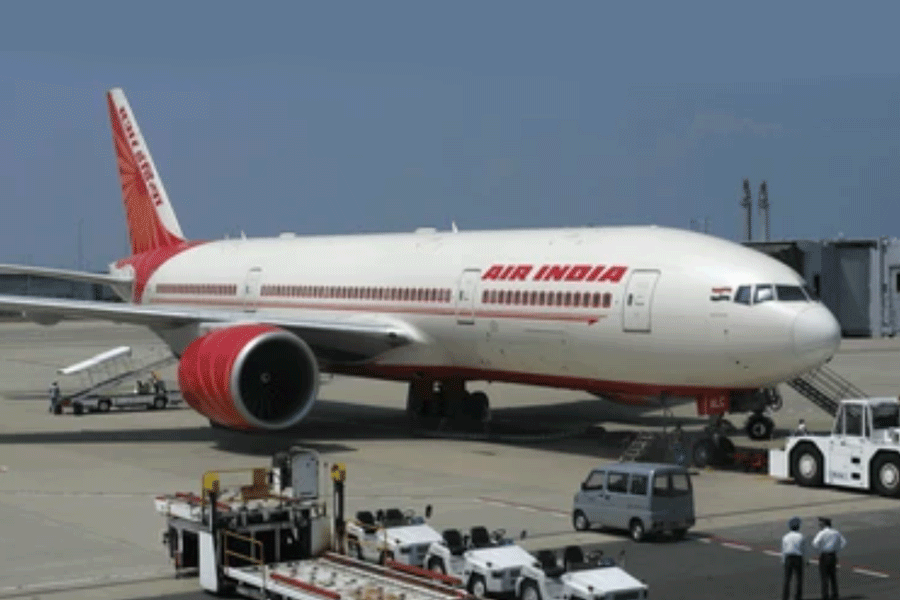 |
| Bishnu Khargharia with child artiste Ronik in a still from the film Konikar Ramdhenu |
Guwahati, Dec. 19: Jahnu Barua — no introduction needed — has created a rainbow of dreams in his latest offering Konikar Ramdhenu. But the master storyteller of Assamese cinema has also raised some disturbing questions over how adults destroy the fairytale world children live in.
In Konikar Ramdhenu, which was premiered this evening ahead of a statewide release tomorrow, the award-winning filmmaker also completed his trilogy on the grandfather-grandchild theme, which began with Hkhagaraloi Bahu Door and Pokhi.
As in all his previous films, Barua treats a complex subject with absolute simplicity in Konikar Ramdhenu: the story of sexual exploitation of children seen through the eyes of an 11-year-old runaway, who meets a friend-philosopher-guide at a home for delinquents and rediscovers the joys of living.
Barua admitted that though the three films have children as the central theme, the issues they address are meant to prick the conscience of adults. But despite the disturbing subject of child abuse, Barua ends the film on a happy note — his rainbow radiates hope and colour, just as a child would look at the world through his eyes despite the turbulence around him.
Barua said he even visited eight juvenile reform homes in the country to give his film a touch of realism.
Bishnu Khargharia — no introduction needed — once again plays the role of Koka with a finesse rarely seen in Assamese cinema. Khargharia, in fact, wears the grandfather’s role like his second skin and Barua paid his tribute to the actor saying “there would have been no Konikar Ramdhenu without Bishnu Khargharia”. The protagonist is played by Ronik, a child artiste from Guwahati, while other performers are played by Moloya Goswami, Abinash Sarma and Pranjana Dutta.
However, despite making a series of soul-touching films and collecting numerous awards, Barua revealed that he had once even thought of giving up filmmaking due to the “poor response from the viewers and the lack of support from the state government”.
“Instead of being a catalyst, the state’s film policy is, in fact, hampering the making of good films,” Barua said during his pre-screening speech.


